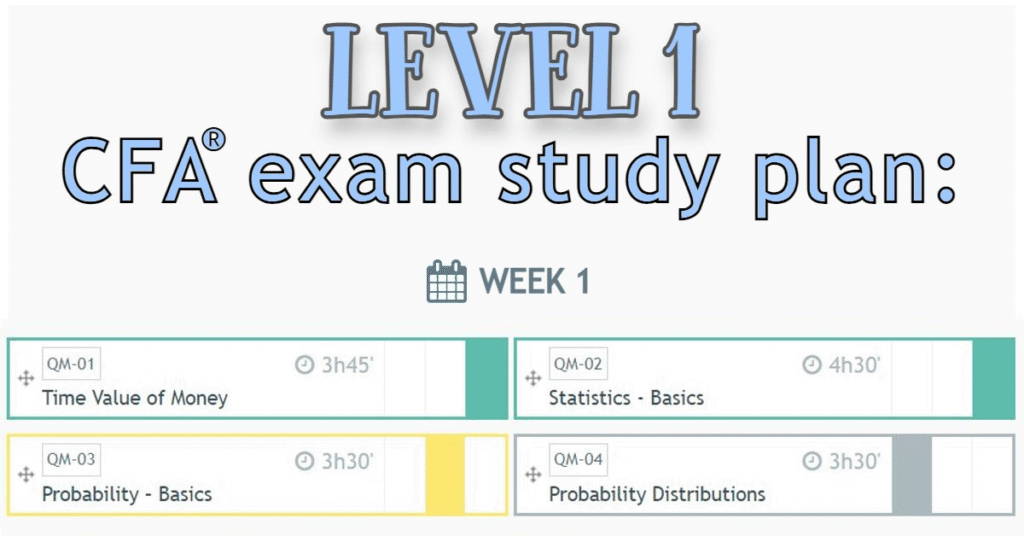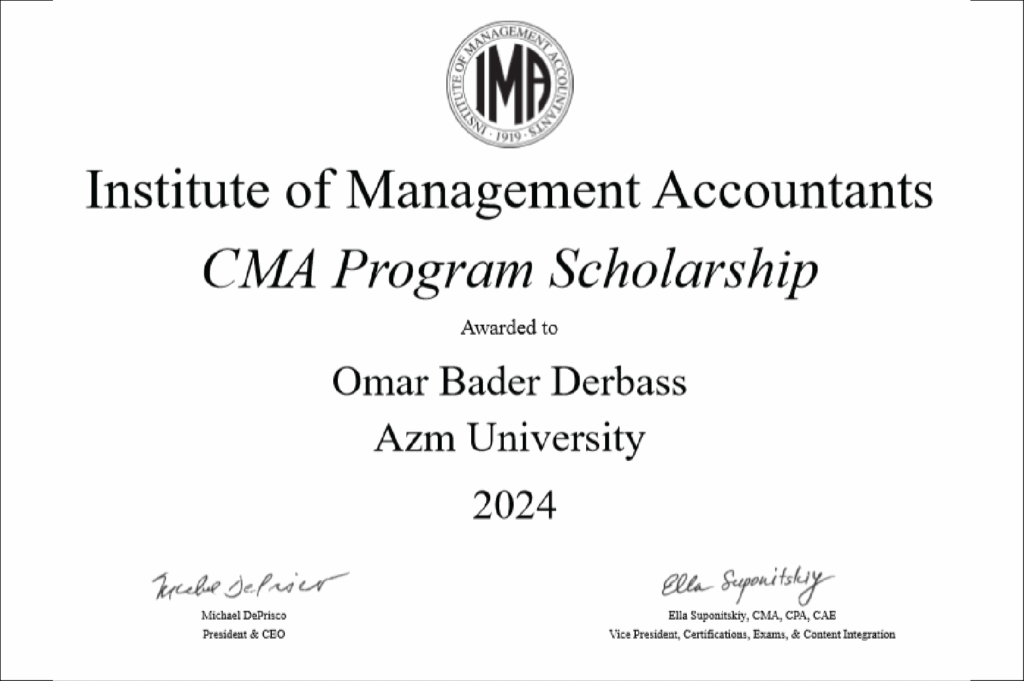In the fast-evolving world of finance, professional certifications have become a vital way to gain credibility, upskill, and stay competitive. Whether you’re eyeing a career in investment banking, financial analysis, corporate finance, or fintech — choosing the right certification can give you a clear edge.
In this guide, we’ll break down the top 5 finance certifications in 2025, explore their pros and cons, and help you see how CFI’s programs like FMVA®, BIDA™, and CMSA® compare.
Bonus: We’ll also show you how to save money on CFI courses using verified coupon codes!
Why Finance Certifications Matter Today
In a data-driven, global finance industry, employers increasingly look for certified professionals who can demonstrate applied knowledge in tools, analysis, modeling, and decision-making. A well-chosen certification can:
- Boost your resume and credibility
- Equip you with real-world finance skills
- Help you land interviews at top firms
- Support career growth and salary increases

Chartered Financial Analyst (CFA®)
Overview:
The CFA® designation is one of the most prestigious certifications for professionals in investment banking, portfolio management, equity research, and asset management.
Key Highlights:
- Offered By: CFA Institute
- Levels: 3 exams (Level I, II, III)
- Time to Complete: ~3–4 years
- Cost: $2,400–$3,500 total
- Difficulty: Very high (average pass rate ~40%)
Pros:
- Globally recognized in finance and investment roles
- Deep focus on ethics, financial analysis, and portfolio management
- Strong alumni network and brand value
Cons:
- Requires long-term commitment
- Content is theoretical; less practical application
- No job guarantee or placement support
Who Should Choose CFA?
- Aspiring portfolio managers, research analysts, and fund managers

Certified Public Accountant (CPA)
Overview:
The CPA certification is essential for accounting professionals looking to work in audit, taxation, and financial reporting, particularly in the U.S.
Key Highlights:
- Offered By: State Boards of Accountancy (U.S.)
- Exams: 4 sections
- Time to Complete: 12–18 months
- Cost: $1,500–$3,000
- Difficulty: Moderate to High
Pros:
- Highly respected in accounting and audit fields
- Required for many corporate finance roles
- Recognized across all industries
Cons:
- U.S.-centric; less global than CFA
- Requires accounting background and college credit hours
Who Should Choose CPA?
- Those pursuing roles in public accounting, auditing, controller, or CFO paths.

Financial Modeling & Valuation Analyst (FMVA® by CFI)
Overview:
The FMVA® Certification by the Corporate Finance Institute (CFI) is a hands-on, practical program for those who want to master financial modeling, Excel, valuation, and reporting.
Key Highlights:
- Offered By: Corporate Finance Institute (CFI)
- Duration: 4–6 months (self-paced)
- Cost: $497/year or $847/lifetime (often discounted)
- Includes: Over 29 courses + downloadable templates
Pros:
- Focus on real-world finance skills
- Includes Excel modeling, valuation, DCF, LBO, budgeting
- Globally recognized in corporate finance teams
- Beginner-friendly with no prior degree required
Cons:
- Not as prestigious as CFA or CPA (yet)
- Mostly online with limited networking options
Who Should Choose FMVA?
- Aspiring analysts, investment bankers, consultants, or corporate finance professionals wanting practical skills

Chartered Alternative Investment Analyst (CAIA®)
Overview:
The CAIA® certification is for professionals focused on alternative investments like hedge funds, private equity, real estate, and commodities.
Key Highlights:
- Offered By: CAIA Association
- Levels: 2
- Time to Complete: 12–18 months
- Cost: ~$3,000
- Focus: Alternatives, portfolio construction, risk
Pros:
- Specialized focus on fast-growing alternative investment sector
- Increasing relevance in hedge funds and private equity
Cons:
- Niche recognition compared to CFA
- Requires background in asset management or finance
Who Should Choose CAIA?
- Professionals in hedge funds, family offices, or private equity

Certified Management Accountant (CMA®)
Overview:
The CMA® certification focuses on financial management, cost accounting, budgeting, and internal control — ideal for professionals in business finance roles.
Key Highlights:
- Offered By: IMA (Institute of Management Accountants)
- Exams: 2 parts
- Time to Complete: 6–12 months
- Cost: ~$1,200–$2,000
- Focus: Corporate finance, internal reporting, decision analysis
Pros:
- Relevant for FP&A, management accounting, and strategy
- High demand in corporates and MNCs
Cons:
- Less emphasis on investment and valuation
- May require accounting background
Who Should Choose CMA?
- Finance professionals in planning, controlling, and budgeting roles

How CFI Certifications Compare (FMVA®, BIDA™, CMSA®)
CFI (Corporate Finance Institute) has gained popularity for offering practical, flexible, and affordable online certifications designed for real-world finance professionals.
Key Programs:
- FMVA® (Financial Modeling & Valuation Analyst) – For corporate finance and modeling
- BIDA™ (Business Intelligence & Data Analyst) – For Excel, Power BI, SQL, Tableau
- CMSA® (Capital Markets & Securities Analyst) – For investment banking & trading
Why Choose CFI?
- Practical focus: Learn through templates, exercises, and real-world case studies
- Self-paced & flexible: Learn anytime, anywhere
- Affordable pricing: Get access to all programs with one subscription
- Certification stack: Earn multiple certifications under one account
CFI vs Other Certifications – At a Glance
| Feature | CFI FMVA® | CFA® | CPA | CAIA® | CMA® |
|---|---|---|---|---|---|
| Focus | Financial Modeling | Investment Analysis | Accounting & Audit | Alternative Assets | Corporate Finance |
| Time to Complete | 4–6 months | 3–4 years | 12–18 months | 12–18 months | 6–12 months |
| Difficulty Level | Moderate | Very High | High | High | Moderate |
| Format | 100% Online | In-person exams | In-person exams | In-person exams | In-person exams |
| Pricing (avg) | $497/year | $2,400+ | $1,500–$3,000 | ~$3,000 | $1,200–$2,000 |
| Career Fit | Analyst, FP&A | Portfolio Manager | Accountant | Hedge Fund Analyst | FP&A, Finance Manager |
| Placement Support | No | No | No | No | No |
How to Save Money on CFI Courses
If you’ve decided to go with a CFI program, don’t forget to use a verified coupon code to save on your subscription.
We offer:
- Up to 30% off on annual or lifetime subscriptions
- Exclusive discount codes not found elsewhere
- Regularly updated deals for FMVA®, BIDA™, CMSA®, and more
[IMAGE PLACEHOLDER: CFI discount banner — Search Google for: “CFI promo code”]
Conclusion: Which Certification Is Right for You?
Choosing a finance certification depends on your career goals, background, and learning style. Here’s a quick summary:
- Go for CFA® if you’re into investments and long-term commitment
- Choose CPA for an accounting-based career
- Pick CMA® if you want to focus on corporate finance management
- Try CAIA® if you’re entering the alternatives space
- Opt for FMVA® by CFI if you want hands-on skills and faster results
And if you’re budget-conscious, CFI’s flexible programs offer great ROI — especially when you apply a coupon code from our site.
FAQ – Top Finance Certifications & CFI Comparison
1. Is the FMVA® certification recognized globally?
Yes, FMVA® is recognized by many global companies and is increasingly valued in corporate finance, consulting, and FP&A roles.
2. Can I get a job with just a CFI certification?
While no certification guarantees a job, CFI programs equip you with job-ready skills that significantly improve your chances.
3. How long does it take to complete the FMVA®?
Most learners complete the program in 4 to 6 months, depending on their schedule.
4. What’s the difference between CFI and CFA?
CFI focuses on practical skills and faster learning, while CFA is theoretical, in-depth, and spans 3–4 years.
5. Can I get discounts on CFI courses?
Yes! Visit CFI Coupon Code to access exclusive coupon codes for CFI subscriptions.









